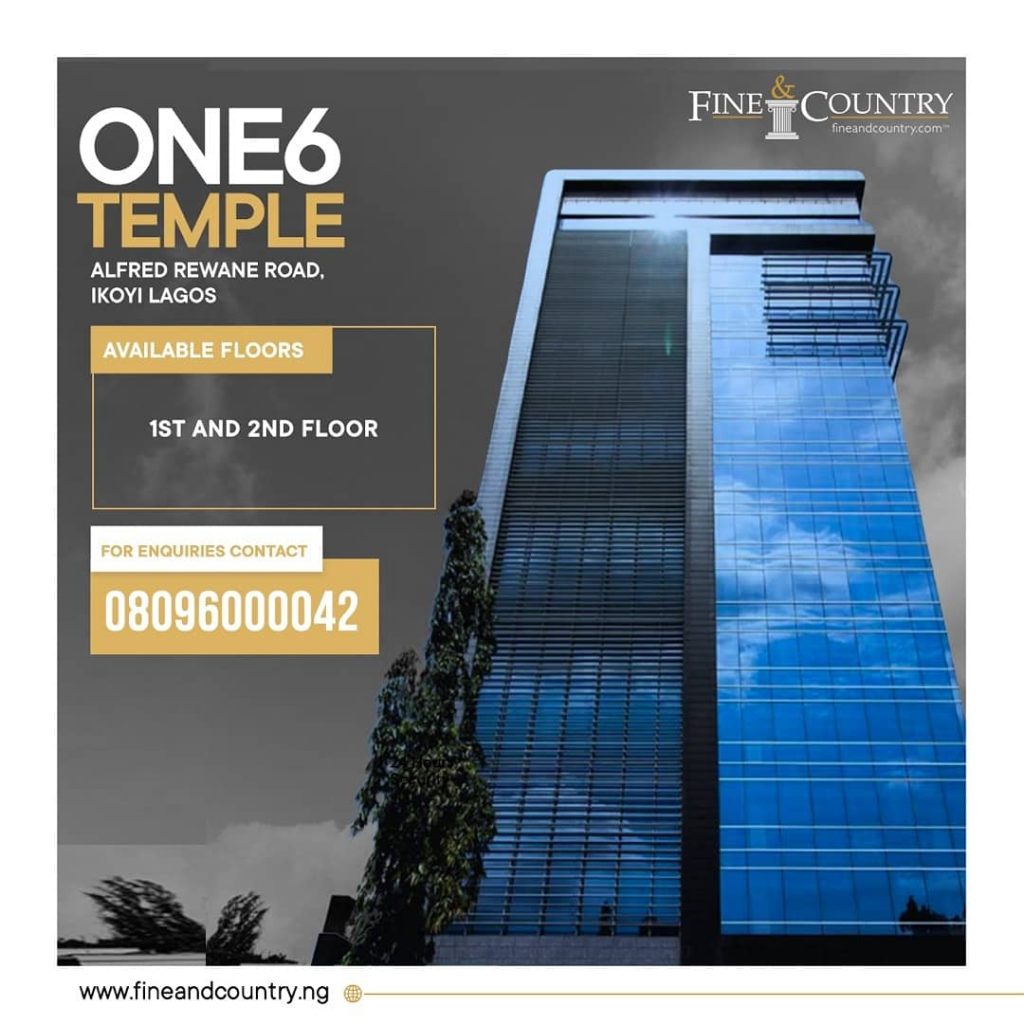In Lagos’ real estate upper quartile, there is an increase in tall structures in the pipeline, under construction, and nearing completion. The premium segment, which includes Ikoyi, Banana Island, and Victoria Island, is referred to as the upper quartile. Due to the fluctuation around the Naira, there is a dichotomy between Naira and Dollar initiatives, with the result that intelligent investors tend to drift towards the Dollar economy in order to enhance their return on investments. Working with Naira-based projects is dangerous for investors, especially in the elite luxury market. Top developers in the luxury real estate business have been sticking with the dollar economy within the Nigerian market for the past 5 years.
In the luxury real estate market, there are micro divisions that are sometimes referred to as affordable luxury real estate. These developers frequently work in the luxury real estate Naira based sector. Despite being a tall building, these constructions are priced in Naira and range in height from 8 to 12 stories.
The more complex the construction and the investment necessary, the higher the cost of the building, which is reflected in the pricing. Average residential space prices in the luxury segment range from $2500 to $4500 per square metre, with more affordable options falling somewhere between $2850 and $3500 square metres. The more exclusive spaces, such as the penthouse, cost around 4500 per square metre and up.

Desperation does not fit with luxury in the luxury real estate market. These developers are willing to wait and collaborate with their intended/target audience. The delivery timeframe for these developments is typically 4–7 years.

Key things to Know about the Luxury Real Estate Market.
- The luxury real estate market is often reserved for long-term investors. Industrialists, financial institutions, and some corporations having capital in the country that is dedicated to the Nigerian market are among these investors.
- One strategy to diversify is to invest in luxury residential real estate, as this is an area where the fund’s worth can be preserved. Multinationals, public-private sector (Kanti Towers was sold to Nigerian Maritime Administration and Safety Agency (NIMASA) for $17.47 billion in 2021), corporate, and ultra-high net worth investors are among the commercial segments’ investors.The Famfa Oil and Dangote skyscraper is set to deliver in 2022, adding to the stock of Grade A office space in the city, although these investors aren’t typically thought of as developers.
- These investors plan to use these high-rise buildings for themselves or for a portion of their use, while others are looking for uptakers. These investors are patient and selective in who they allow inside their properties. They would sometimes keep the property for a long period until they found the right kind of client to occupy this space. In the commercial luxury market, this might cause market distortions in terms of vacancy rate, supply, demand, and conversion rate. Investors anxious about their Naira stack and not being able to convert it to dollars or take it out of the nation are increasingly turning to real estate as a safe haven. They may not have all of the finances, but they are willing to work together on large commercial and residential luxury space projects in terms of collaboration.
- In terms of commercial figures, it varies depending on the location, from Ikoyi to Victoria Island, which is reflected in their rates. Grade A, B, and other categories exist for office spaces, but at Fine and Country, we focus on Grade A office spaces.
Some of these office space’s developers, investors, and landlords weren’t as flexible a few years ago. However, with the downsizing and giving back of office spaces in the previous three years, particularly with COVID, landlords have become more practical, offering concessions such as rent free periods and fit out periods as a sort of discount. Because some of these assets are being retained to sell off to investors or sell into REITS, astute investors may desire to maintain a minimum price per square metre in the commercial sector.
As a result, rather than affecting the pricing of commercial office space, it is important to maintain/protect the pricing per square metre by offering concessions or other value areas.







